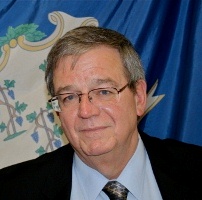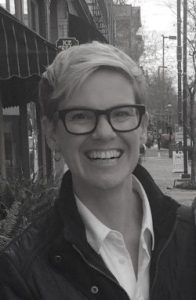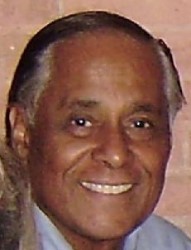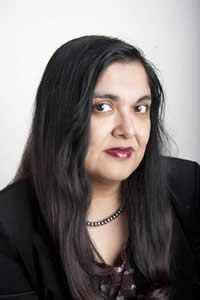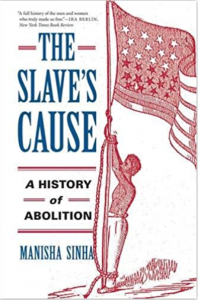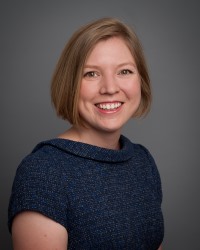Longtime UConn Professor Marvin Cox passed away on May 1, 2020. His formal obituary is here and a remembrance by Lawrence Langer follows below.
Marvin Cox was one of the stalwarts of the History Department who helped propel the Department as a center of excellence. He completed his undergraduate and graduate studies at Yale (B.A. 1957, M.A. 1959, Ph.D. 1966) and arrived at Storrs in 1966, after having taught for three years as an instructor at the University of Rhode Island. For thirty-seven years Marvin taught modern French History at Storrs with a dedication towards his students and scholarship.
At Yale he completed his dissertation on The Legitimists under the Second French Republic and at Storrs he presented seminars on the French Revolution. He was particularly interested in the historiography of the Revolution and in a pre-Marxist understanding of the Bourgeois Revolution. To that end he immersed himself in a study of Alexis de Tocqueville and in a critique of current French scholarship, such as the important work by François Furet. In 1998, he published The Place of the French Revolution in History (Houghton Mifflin) and continued to present papers and write articles on the interpretations of the Revolution.
It has been one of my singular pleasures to know Marvin as a colleague and friend. We worked together on two grants from the National Endowment of the Humanities to fashion a model course in Western Civilization for both high school and college students as well as a grant from the Connecticut Department of Education on a course in world history. We presented seminars that brought together high school teachers and UConn faculty in a series of seminars in which a number of historical themes were discussed. Some of the most stimulating and intellectually exciting exchanges that I have had occurred when Marvin and I would spend a day going through various topics of Western Civilization.
For a number of years Marvin directed the Co-op program with high school teachers of history, where he dedicated himself toward maintaining a close working relationship between the high schools and UConn. He was also a co-director in 1996-97 of the Center for European Studies at Storrs.
In retirement, Marvin enjoyed traveling to France, visiting New York where he, his wife Diane, and daughter Katie often took in a concert or opera, or vacationing on Sanibel Island. My wife and I spent a wonderful two weeks with Marvin and Diane in southern France where we ate well and thoroughly enjoyed our visits to museums or taking simple walks. For many years Marvin liked to hike, often with Katie. Marvin participated in the formative years of the AAUP at UConn and he was also an active member of the Democratic Party in Chaplin, where the Coxes lived for many years. I will miss our conversations, our dining out, our laughter, our good cheer.
